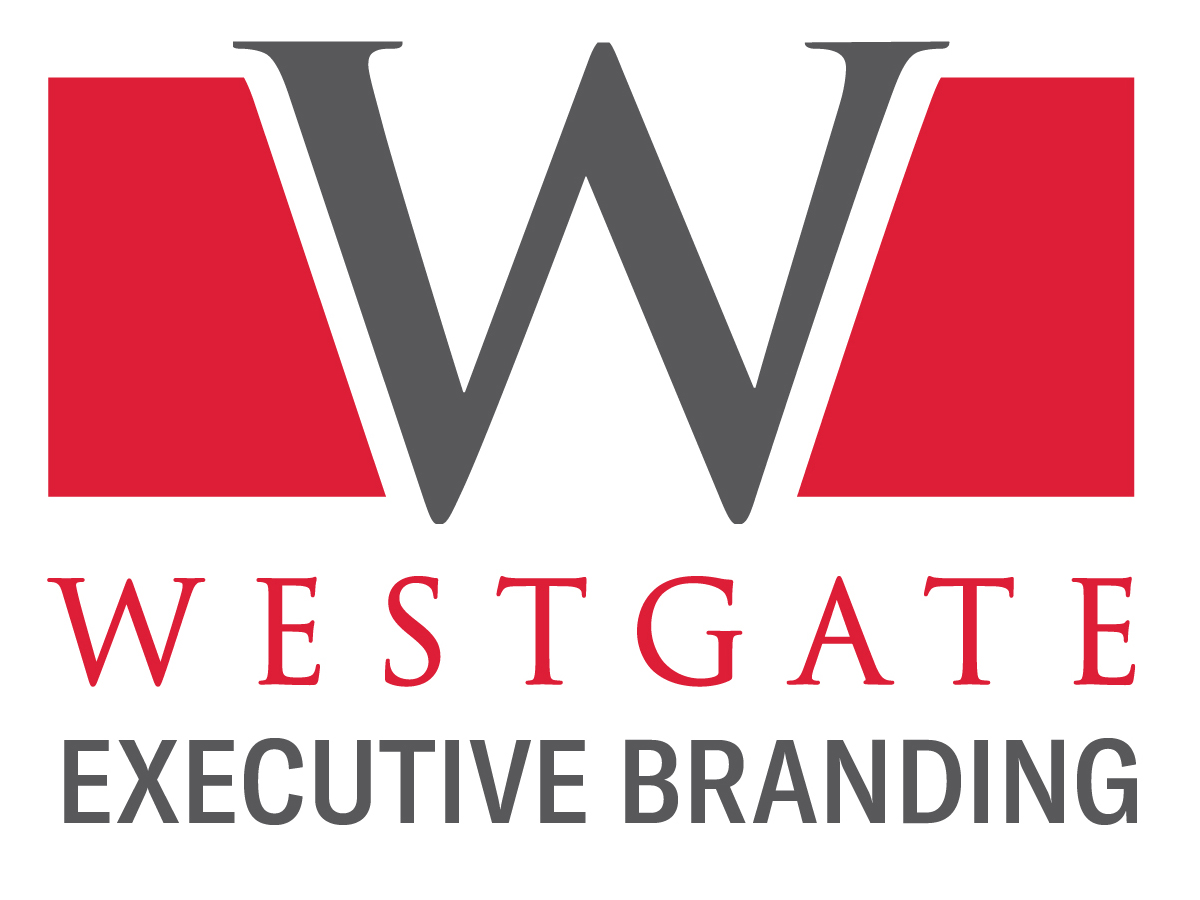Leading up during Covid-19 and your career plan

Going into Q4 2020, there is a great deal of concern for industries in decline as they report their Q3 results to Bay and Wall Streets. Many executives planning a job change during 2020 have had to re-engineer their plans because of massive changes in the labor market due to the global pandemic. As an executive coach, I understand the stressors leaders face, having previously worked in large corporations for more than 25 years. With nine years of coaching Fortune-level executives, I know their concerns because they tell me. One of their key concerns today is their people.
CEOs and their teams need to attend to the requirements of their employees while keeping the board and their teams abreast of business activities. It’s a challenging balance; this article presents practical suggestions for keeping employees committed and healthy on the heels of the first wave of the Covid-19 pandemic, while also helping you to proactively manage your career.
What business owners and executives are saying
Over the last 5 months, I’ve spoken to business owners, CEOs and board members across Canada and the United States whose businesses have tanked. Many who were cash-flow positive and had contingency plans for emergencies, now find their reserves are depleted. Stock prices are down.
Many leaders are losing sleep trying to figure out how they will make payroll next month. And many are taking a haircut on their own paychecks. It’s creating a great deal of stress for everyone, including employees.

Some executives who had planned a 2020 exit from their organization to pursue other opportunities are reconsidering their options. Some are choosing to remain in their current organizations for the next few quarters to see their businesses through the toughest times since the Depression.
I’ve heard that employees feel as though they are working in a vacuum, not knowing the plans of the organization. Leaders are not saying much (likely because of uncertainty) and in the absence of information, employees will generate their own stories. Compassion goes a long way to fill that void.
Decline of GDP
It is no surprise that the GDP for Canada and the United States have tanked since the onslaught of C-19 along with discouraging unemployment rates. For many organizations, the deep pockets are gone, too. In Canada, GDP fell 11.5% during the second quarter. To express this at an annualized rate, it fell 38.7%. This is the worst GDP metric since Statistics Canada started tracking it in 1961.
Furthermore, business investment fell 16.2% due to lockdowns, shutdowns, travel restrictions, as well as uncertainty about the global economy. (Yahoo Finance Canada)
As a CEO and business leader, your performance and accountability to your team and the board will require resilient leadership over the next few months. Your employees, including your direct reports, will need your help, patience, and compassion. A few simple gestures can go a long way to help your organization perform optimally as possible during these unusual times.
Show compassion for your employees with the following:
- Listen carefully to your staff.
- Demonstrate your appreciation with a few words of kindness.
- Share information—keep employees abreast of the business.
- Reassure them regularly even if it’s only a status-quo update.
- Remind them of their employee assistance programs (EAP) to manage ongoing stress.
- If you’re planning an exit over the next 12 months, consider grooming your successor now for your departure. Mentorship can help build capacity in the organization and soften the blow of your imminent departure.
- One CEO of a large (post IPO) company is publishing a weekly internal blog during Covid-19 to update employees on the business, even when the news is not positive. Employees appreciate the connectivity to the leader when it’s done in an authentic manner.

The unemployment rate in Canada rose to 13.7%, exceeding the previous high of 13.1% in December of 1982. (The Canadian Press — Global News). The unemployment rate in the US rose to 14.7% in April but has fallen to 10.2% since adding 1.8 million jobs in July, and 10.2% remains one of the highest unemployment rates since WWII. (The Washington Post). Employers now must consider certain parameters and priorities they did not need to before.
Customer and employee safety
It is essential that the safety of employees and customers become the number one priority during Covid-19. Without a healthy, functioning team, a company in a re-opened economy will flounder.
McGahan and Sukhram of Harvard Business Review writes, "a wide range of interventions are required to make workspaces safe. Prioritizing health and safety carries other responsibilities for companies that may be less obvious. Governments may ask organizations to implement testing and to send workers home if they appear to be contagious.”
Develop A, B, and C Teams
Employers will have to be ready to adapt quickly to departures from the workplace by critical workers who test positive on-site. The potential for prior contagion will have to be addressed based on what those workers were doing in the days prior to detection. Some organizations are developing A, B, and C teams for work rotations to create defensive capacity, but the duplication of responsibility is expensive and inefficient.
Some companies, such as Twitter, have put in place a permanent work-from-home policy and others have begun a phased approach, both require the contemplation, planning, and management of potential issues that currently exist and potential issues for down the road.
It doesn't end here.
Disruptions to supply chain and regulatory interventions
"In months ahead, companies both large and small will also confront other types of disruptions in demand, supply chains, financial burdens, governmental intervention and employee needs."
"The financial burdens arising from the shutdown are likely to be extensive and will include the renegotiation of contracts and a restructuring of obligations that will have an impact on consumer demand through other routes. Supply chain — infamously fragile in producing PPE at the height of the pandemic — must not also contend with new kinds of restrictions on international trading behavior that will affect costs and prices. Governmental intervention is not only likely to intensify, but conflicts, tensions, and issues may arise in the demands of local, provincial, federal, and international authorities. As a result, shortages may arise and persist."
And then of course there are the needs of your people. These needs have and will always require attention. During this time and even afterwards, employees are facing psychological and social disruption. This will have a direct effect on their availability for and quality of work. Empathy is essential as a leader, but they need to find the ideal equilibrium between supporting their employees and keeping the business afloat.
Not an easy feat.
Employee Assistance Programs (EAP)
If your organization has an employee assistance program, remind your employees to use it—in my experience over the years, many employees were not aware of the benefits of the program, which will include personal counseling, financial counseling, and psychological services, all of which can go a long way in preserving the health and performance of your people.
EAPs are designed to be 100% confidential, and in my experience, many employees refuse to use the program because they are unsure about the confidentiality of using them. Consider having your EAP provider deliver a presentation to your team to reassure them of the confidential nature of these programs. When your employees’ families are happy and healthy, your employees’ performance is optimal. EAPs can help, and the cost is built into your premiums, so there is no added cost for this valuable resource.
When remaining in your current organization is impossible
There are situations when it may feel impossible to remain in your current organization because of a toxic relationship. I can speak from personal experience when I suggest EAPs can help you (and your employees) cope in the short term when there is a toxic situation at work. If you are unable to leave, ensure you have the support systems in place to weather the storm. Your EAP provider, family, friends, mentors and other confidants can help you cope.
High potential leaders and scenario planning
As the economy reopens and these demands intensify, leaders will look for a way forward. A recent Boston Consulting Group report suggests that now is not the time for precise budgeting and forecasting, but rather a time for scenario planning. McKinsey authors emphasize that the future for business will require resilience and the ability to withstand intense government scrutiny, demand shocks, privacy concerns and sectoral disruption.
Can you draw in your high potential leaders at this time to help with scenario planning? This can be a key component of your exit strategy as you identify, nurture, and develop your replacement. By doing so, you will protect your relationship with your board and your subordinates after your departure.
Figuring out the right approach for your organization will depend on discerning which stakeholders to serve, how to serve them, and where to draw boundaries as to what is possible.
"Some analysts are suggesting that the economic landscape is ending a 75-year cycle that began during the Great Depression, and that we should expect a whole new economic system to emerge — one that reflects the values of humanism, collaboration, equity, and a different kind of globalization."
"Leading a company after COVID will require dealing thoughtfully and sensitively with the pain, suffering, loss, and financial consequences of the pandemic for stakeholders across the board: employees, customers, distributors and communities. Moving forward will also depend on the recognition that there is no going back to old ways of doing things."
(McGahan and Sukhram, HBR)
Employers rely heavily on HR departments to help assist in the day-to-day operations of a company. However, with layoffs, pay cuts, and uncertainty for the future, looking to grow and develop this department is not a present solution.
A Harvard Business Review article breaks down the responsibilities and skills required for the future. The information is based on nearly 100 CHRO's, CLOs, and VP's of talent and workforce transformation and their vision for HR's evolution over the next 10 years; 21 roles of the future in HR were outlined. Some roles included, Human Bias Officer, Workplace Environment Architect, Future-of-work Leader, Climate Change Response Leader, Head of Business Behavior, Director of Well-Being, and 15 other positions.
"Such massive change is escalating the importance of HR's role within organizations. Workers are turning to their managers and their HR leaders, in particular, for guidance on how to navigate their 'new normal' — research indicates that 73% of workers depend on their employer for support in preparing for the future of work." (Jeanne C. Meister and Robert H. Brown, HBR).
Leverage these uncertain times to grow your leadership footprint
Career management is an ongoing and fluid process, and your people are at the heart of that process as you consider your potential departure. From frontline employees to the chair of the board, investors, shareholders, and customers, all constituents need to be considered as you build your leadership acumen and groom your successor.

Consider how you will develop the following skills during Covid-19. How will you serve your people? Here is the most recent list of skills required for the C-level.
- Resilience
- Business Strategy
- Fiduciary Duty
- Decision-Making and Negotiation
- Influencing
- Results Orientation
- Ethics and Integrity
- Financial Stewardship
- Stakeholder Relations (shareholders, investors, employees, and customers)
- Presentation Skills
- Change Management
- Risk Mitigation
- Team Leadership
- Corporate Governance
How can you use this time to grow your leadership footprint? Who else can you bring along with you on the journey? Times are tough for everyone. Let’s lead with compassion.
Maureen Farmer is an executive branding strategist and career coach serving clients globally since 2011.

